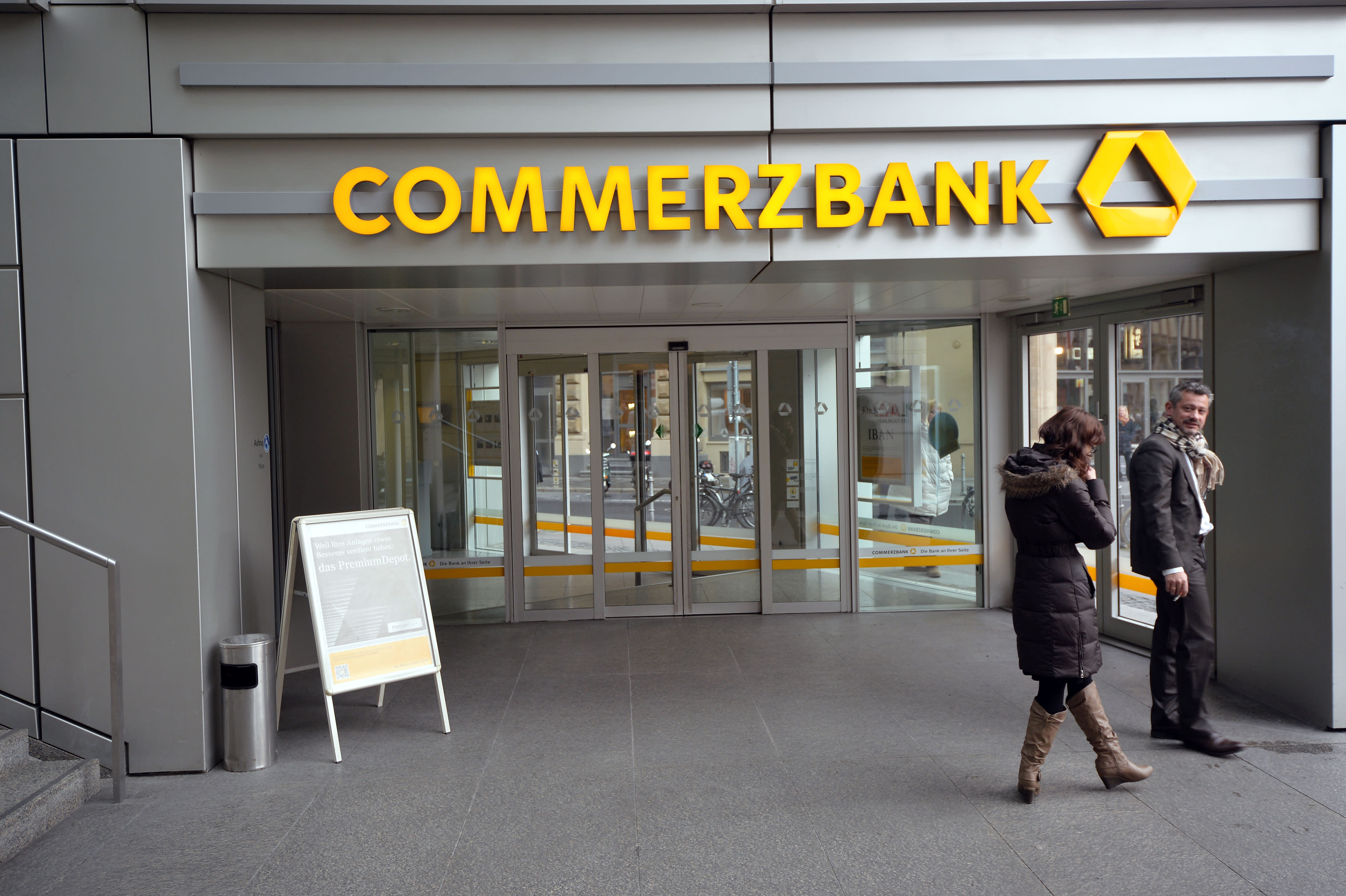ECB's 'two-tier' system for banks is not working, Commerzbank CEO says

The "two-tier" system introduced by the European Central Bank in September to ease the pressure of low interest rates on banking profits is not working, according to Commerzbank CEO Martin Zielke.
In its September package of easing measures, which included a 10 basis point cut to its main deposit rate and a massive asset purchase program, the ECB introduced a rule which exempts a portion of a bank's deposits, currently six times their mandatory reserves, from the levy.
"Tiering is a step in the right direction, but overall it does not cover the real burden of the overall negative interest rate environment," Zielke told CNBC at the European Banking Congress in Frankfurt on Friday
"So if you ask me whether this is the right way to go, I clearly would say no, we should find different ways."
Recent data from Pictet Wealth management showed that the exemption would only result in an annual saving of 3.1 billion euros ($3.4 billion) for the entire euro zone banking system.
On Thursday, Moody's downgraded its outlook for the German banking system to "negative" from "stable" as profitability and overall creditworthiness weaken in the low rate environment.
The ECB has embarked on a sustained period of monetary easing, which has taken its current deposit rate to -0.5%, the lowest on record.
Central banks cut rates primarily to boost money supply in the economy, stoke demand and provide an impetus to growth. However, rising rates are good for banks since they allow them to lend money to investors at a profitable rate of interest.
Negative interest rates, such as in Europe, penalize the banks for holding cash deposits at central banks.
"In the beginning of this central bank policy, I really supported it - that may be surprising - but in the beginning it made a lot of sense to do this," Zielke told CNBC's Annette Weisbach.
"But over time, the negative side effects of this policy grew and the initial effects of supporting the industry and corporates to invest, it decreased."
Zielke added that as a participant in European markets, he would expect some ideas to be put forward as to how Europe might return to a "more rational and more long-term sustainable" policy.
German banks have struggled to improve their high cost to income ratio, which reached 80% in 2018. Since 2007, Commerzbank has gained around £100 billion ($128.7 billion) or so in its total assets but lost half of its market cap. The lender's shares are down 90% over that period.
Read More
No comments